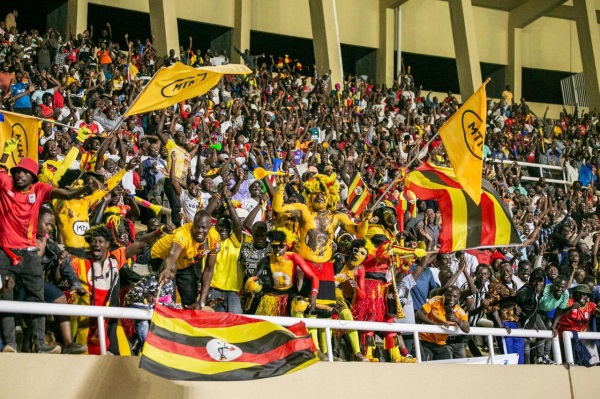
Recommitment to Secure and Fortify Our Diversity as we reflect on our national identity
COMMENT | Gertrude Kamya Othieno | As Uganda marks 62 years of independence today, October 9, 2024, in Busia District, the theme “Recommitment to Secure and Fortify Our Diversity” offers a powerful lens through which we can reflect on our national identity. While this theme highlights the importance of economic growth and good governance for sustainable development, it also calls for an essential exploration of what it means to be Ugandan in a nation rich in cultural diversity.
As the third generation to inherit the legacies of our ancestors—those who either negotiated or resisted the colonial project—we must confront how we perceive our Ugandan identity. Do we truly feel a sense of belonging to Uganda, or do we regard it as something external, much like the moon—admired yet distant? In our daily interactions, do we identify primarily as Ugandans, or do we remain closely tied to our tribal affiliations and clan identities? While our rich cultural heritage is undoubtedly a source of strength, fostering a unified Ugandan identity that transcends tribal divisions is vital for our nation’s progress.
The historical formation of Uganda has produced a complex social fabric that requires our attention. Many individuals continue to uphold their tribal identities, which can overshadow a broader sense of belonging to the Ugandan community. This raises a critical question: Are we nurturing a sense of Ugandan identity in our children, or are we inadvertently passing down a legacy of tribal distinctions? This disconnect could impede our development and hinder our collective progress.
As discussions about potential changes to our political systems emerge, it is important to consider examples such as Nigeria, which operates under a federal structure. While Nigeria’s approach has its merits, we must assess how well it serves to unify its diverse ethnic groups. For instance, the Hausa, Igbo, and Yoruba navigate their identities as Nigerians, but do they fully embrace this identity in their everyday lives, or is it merely a label for international interactions.
The United Kingdom also presents a compelling case study. Operating under a unitary system with devolution, it grapples with the identities of its various nations—Welsh, Scottish, English, and Northern Irish. When do these citizens identify as British, and how do local loyalties shape their sense of national identity? Such questions offer valuable insights into our own Ugandan identity, reminding us that a multifaceted identity can coexist within a united nation.
As we commemorate our independence, it is crucial to reaffirm our commitment to forging a Ugandan identity that honours our diverse backgrounds while recognising our shared destiny. True patriotism involves embracing our differences while uniting under the common banner of Uganda. We must cultivate a narrative that binds us together in our aspirations for a prosperous nation, driven by a collective purpose that transcends tribalism.
In conclusion, the theme of this year’s independence celebration should inspire us not only to recommit to economic growth and good governance but also to fortify our identity as Ugandans. Let us seize this opportunity to define what it truly means to be Ugandan in the 21st century, ensuring that our patriotism strengthens our resolve to secure our diverse identity together. As we celebrate our independence, let us commit to building a nation where every citizen feels included and valued, fostering a sense of belonging that propels us toward a brighter future.
***
 Gertrude Kamya Othieno | Political Sociologist in Social Development (Alumna – London School of Economics/Political Science) | Email – gkothieno@gmail.com
Gertrude Kamya Othieno | Political Sociologist in Social Development (Alumna – London School of Economics/Political Science) | Email – gkothieno@gmail.com
 The Independent Uganda: You get the Truth we Pay the Price
The Independent Uganda: You get the Truth we Pay the Price





